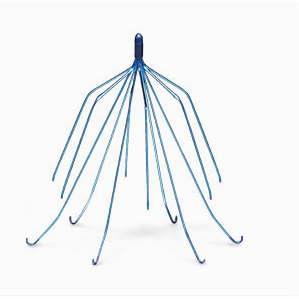The number of lawsuits filed by people who say they suffered serious side effects after taking Invokana (canagliflozin) continues to grow in Philadelphia amid rising safety concerns. Attorneys are also investigating other drugs in the Type 2 diabetes drug class known SGLT2 inhibitors.
While attorneys across the country are filing lawsuits on behalf of local plaintiffs, Pennsylvania is seeing a large number of cases. Dozens of cases made their way to Philadelphia. An attorney family with the cases told a reporter at the Legal Intelligencer that more than 150 suits are pending in Missouri and Illinois.
Attorneys say a judge may consolidate the cases if the volume continues to grow.
 Dallas Fort Worth Injury Lawyer Blog
Dallas Fort Worth Injury Lawyer Blog


 A device known as a vena cava filter (IVC filter) was implanted by doctors in hundreds of patients who are unable to take anticoagulants (blood thinners) in order to prevent blood clots from moving to the lungs. But recently two IVC filter devices named Cordis OptEase and Cordis TrapEase have came under scrutiny after lawsuits reveal potential design defects.
A device known as a vena cava filter (IVC filter) was implanted by doctors in hundreds of patients who are unable to take anticoagulants (blood thinners) in order to prevent blood clots from moving to the lungs. But recently two IVC filter devices named Cordis OptEase and Cordis TrapEase have came under scrutiny after lawsuits reveal potential design defects. Transvaginal mesh injuries can change a women’s life and cause a lot of pain. They often require multiple medical procedures or surgeries. Even then, medical professionals make no guarantee. Recent jury verdicts and settlements against the device makers have sought to assist women in dealing with the high costs of a mesh injury.
Transvaginal mesh injuries can change a women’s life and cause a lot of pain. They often require multiple medical procedures or surgeries. Even then, medical professionals make no guarantee. Recent jury verdicts and settlements against the device makers have sought to assist women in dealing with the high costs of a mesh injury.